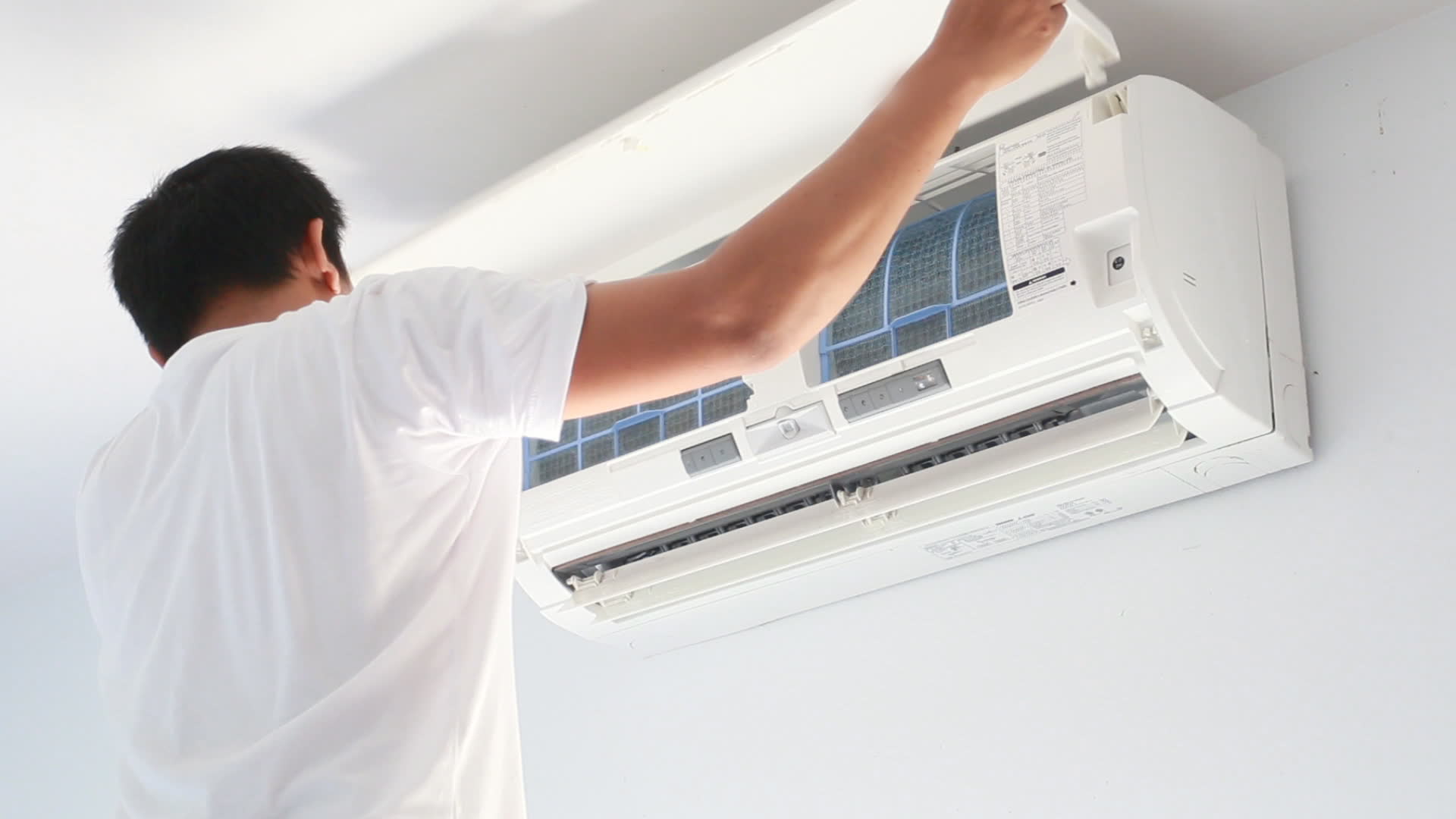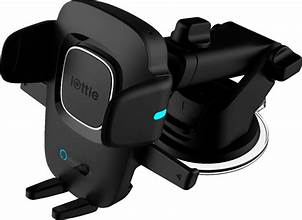Anxiety and sleep are intricately connected, forming a complex interplay that often leads to a vicious cycle. Anxiety can disrupt sleep patterns, leading to insomnia, while sleep deprivation exacerbates anxiety symptoms, intensifying the cycle. Understanding this relationship is crucial for breaking free from the grip of insomnia and reclaiming restful sleep.
The Impact of Anxiety on Sleep
Racing Thoughts and Restlessness: * Anxious thoughts can race through the mind, making it challenging to unwind and fall asleep. Individuals with anxiety often find themselves ruminating on worries, past events, or future concerns, preventing the mind from reaching a state of relaxation conducive to sleep.
Hyperarousal and Increased Sensitivity: * Anxiety heightens the body’s arousal level, making individuals more sensitive to external stimuli. Even subtle sounds or minor disturbances can jolt an anxious individual awake, disrupting the sleep cycle and leading to fragmented, shallow sleep.
Nightmares and Night Sweats: * Anxiety disorders, particularly post-traumatic stress disorder (PTSD), can cause nightmares and night sweats, leading to frequent awakenings during the night. These disruptions not only interfere with the ability to fall back asleep but also contribute to feelings of fear and unease.
Breaking the Cycle: Strategies for Restful Sleep
Establishing a Relaxing Bedtime Routine: Creating a calming bedtime routine signals to the body that it’s time to unwind. Activities such as reading a book, taking a warm bath, practicing relaxation exercises, or engaging in gentle stretching can prepare the mind and body for sleep. Consistency is key; establishing a regular sleep schedule reinforces the body’s natural sleep-wake cycle.
Limiting Stimulants and Electronic Devices: Caffeine, nicotine, and certain medications can exacerbate anxiety and interfere with sleep. Limiting or avoiding stimulants, especially in the afternoon and evening, can improve sleep quality. Additionally, reducing screen time and avoiding electronic devices before bedtime prevents exposure to blue light, which can disrupt the production of the sleep-inducing hormone melatonin.
Creating a Comfortable Sleep Environment: A conducive sleep environment plays a significant role in promoting restful sleep. Keeping the bedroom dark, quiet, and cool enhances sleep quality. Investing in a comfortable mattress and pillows provides adequate support for the body, reducing discomfort and promoting relaxation. White noise machines or earplugs can mask disruptive sounds, ensuring a peaceful sleep environment.
Practicing Relaxation and Mindfulness: Incorporating relaxation techniques, such as deep breathing, progressive muscle relaxation, or guided imagery, calms the nervous system and reduces anxiety. Mindfulness meditation and yoga promote a sense of presence and tranquility, making it easier to let go of racing thoughts and achieve a state of mental calmness conducive to sleep.
Professional Support and Therapy: Cognitive Behavioral Therapy for Insomnia (CBT-I) is a highly effective therapeutic approach for treating insomnia related to anxiety. CBT-I addresses negative thought patterns and behaviors that contribute to sleep disturbances, equipping individuals with practical strategies to improve sleep quality. Seeking therapy from a qualified mental health professional can provide tailored interventions to address anxiety and insomnia concurrently.
The Role of Sleep Hygiene: Healthy Habits for Restful Sleep
Regular Exercise: * Engaging in regular physical activity promotes overall well-being and improves sleep quality. However, it’s essential to schedule workouts earlier in the day, as vigorous exercise close to bedtime can temporarily increase alertness.
Balanced Nutrition: * Maintaining a balanced diet supports the body’s overall health, including sleep regulation. Avoiding heavy meals, caffeine, and alcohol close to bedtime prevents digestive discomfort and disruptions in sleep patterns.
Stress Management: * Managing stress through relaxation techniques, hobbies, social activities, or therapy reduces anxiety levels, making it easier to relax and fall asleep. Stress management practices vary from person to person, so finding activities that bring joy and relaxation is crucial.
Consistent Sleep Schedule: * Establishing a consistent sleep schedule, including waking up and going to bed at the same time every day, reinforces the body’s internal clock. Even on weekends, maintaining a regular sleep schedule helps regulate sleep-wake cycles.
Overcoming Insomnia: A Holistic Approach to Anxiety and Sleep
Understanding the Mind-Body Connection: Integrating Mental and Physical Well-Being
Insomnia, fueled by anxiety, often creates a relentless cycle, where sleep deprivation exacerbates anxiety symptoms, leading to further sleep disturbances. To break this cycle, it’s essential to recognize the profound connection between mental and physical well-being. Integrating a holistic approach that addresses both aspects empowers individuals to overcome insomnia and cultivate restorative sleep.
Addressing Underlying Anxiety: Therapeutic Interventions and Self-Care
Therapeutic Interventions: Therapy modalities such as Cognitive Behavioral Therapy (CBT) offer invaluable tools for managing anxiety and insomnia. Through CBT, individuals learn to identify and challenge irrational thoughts, restructure negative beliefs, and develop coping strategies specific to anxiety-related sleep disturbances. CBT also addresses bedtime routines, sleep scheduling, and relaxation techniques tailored to individual needs.
Mind-Body Practices: Mind-body practices, including meditation, yoga, and tai chi, facilitate relaxation, reduce anxiety, and promote mindfulness. These practices emphasize being present in the moment, calming the mind, and easing the body into a state of tranquility. Regular mindfulness meditation sessions not only help manage anxiety but also enhance sleep quality by quieting the mind’s chatter.
Journaling and Expressive Writing: Journaling offers a constructive outlet for expressing emotions, worries, and fears. Writing down anxious thoughts before bedtime can serve as a mental decluttering process, allowing individuals to release concerns onto paper. This practice often alleviates racing thoughts, promoting a more peaceful state conducive to sleep.
Physical Wellness: Exercise, Nutrition, and Sleep Hygiene
Physical Activity: Regular exercise supports mental health and sleep quality. Engaging in aerobic activities like walking, jogging, or cycling increases the production of endorphins, reducing anxiety and improving overall mood. However, it’s crucial to avoid vigorous workouts close to bedtime, as they can temporarily increase alertness.
Balanced Nutrition: Diet plays a significant role in managing anxiety and sleep. Incorporating foods rich in antioxidants, vitamins, and minerals nourishes the body and supports neurotransmitter production. Omega-3 fatty acids, found in fatty fish and flaxseeds, have been linked to reduced anxiety symptoms. Avoiding heavy meals, caffeine, and sugary snacks in the evening prevents digestive discomfort and promotes restful sleep.
Optimizing Sleep Hygiene: Creating a sleep-conducive environment enhances the likelihood of restorative sleep. This includes keeping the bedroom dark, cool, and quiet. Investing in a comfortable mattress and pillows, as well as using blackout curtains and white noise machines, fosters a relaxing atmosphere. Establishing a regular sleep schedule and winding down with calming activities before bedtime signals to the body that it’s time to sleep.
Social Support and Relaxation Techniques: Fostering Emotional Wellness
Social Connections: Maintaining social connections and seeking support from loved ones or support groups alleviates feelings of isolation and anxiety. Sharing concerns, experiences, and coping strategies with others who understand the challenges of insomnia and anxiety creates a sense of belonging and emotional support.
Relaxation Techniques: Beyond traditional relaxation methods, exploring various relaxation techniques can aid in anxiety reduction. Aromatherapy, massage, acupuncture, and biofeedback are examples of complementary therapies that promote relaxation and emotional balance. Incorporating these techniques into a self-care routine enhances overall well-being and resilience in the face of anxiety-related insomnia.
Conclusion: Embracing Holistic Healing for Lasting Sleep
In conclusion, overcoming insomnia stemming from anxiety requires a holistic approach that addresses both mental and physical well-being. By integrating therapeutic interventions, mind-body practices, physical wellness, social support, and relaxation techniques, individuals can break the cycle of anxiety-induced sleep disturbances.
Embracing holistic healing not only fosters restorative sleep but also cultivates a deep sense of inner peace and resilience. Through self-awareness, self-compassion, and a proactive commitment to well-being, individuals can embark on a transformative journey toward lasting sleep, emotional balance, and holistic health.
By recognizing the interconnectedness of mental and physical health, individuals empower themselves to reclaim their sleep, embracing each night as an opportunity for healing, rejuvenation, and the restoration of peace to both body and mind.




